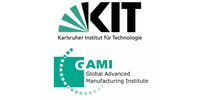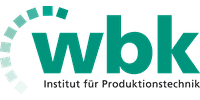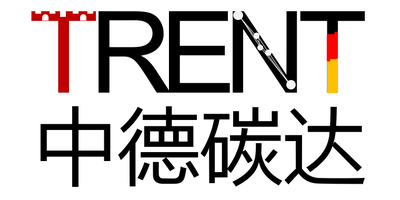Two experts from Karlsruhe Institute of Technology (KIT) give insights how the production of the future can be designed more economical and sustainable.
Machine Learning and Digital Twins for Quality Improvements in the Supply Chain
To enable the economical production of high-precision products, intelligent quality control strategies exist to proactively avoid non-conforming parts by e.g. pairing counteracting components. This is performed by predicting functional deviations of the assembled product with the help of digital twins. The presentation focusses on best practices and challenges to develop machine learning based complex regression models in a global production network.
Green and Sustainable Production - How Circular Economy can save Resources and create Value
Natural resources are becoming increasingly scarce and the sustainability of products and production is more and more focused - both of customers and politics. One way to meet the resulting challenges is the circular economy. This seeks to keep products, components, and materials at their highest utility and value throughout their lifecycle and aims to reduce waste through the specific design of materials, products, systems, and business models. Despite the potential offered by an areawide circular economy, many challenges remain. Several use-cases will therefore be presented to show how these challenges can be overcome and how a successful introduction can be achieved.
Agenda
16
00
-
16
20
16
20
-
16
40
16
40
-
17
00










